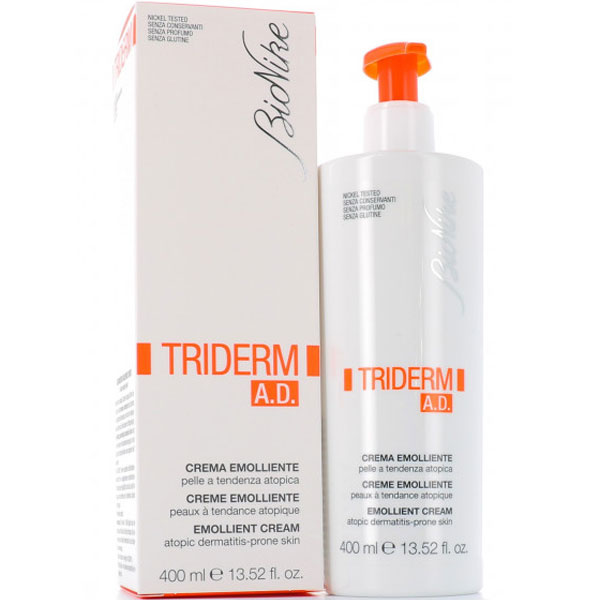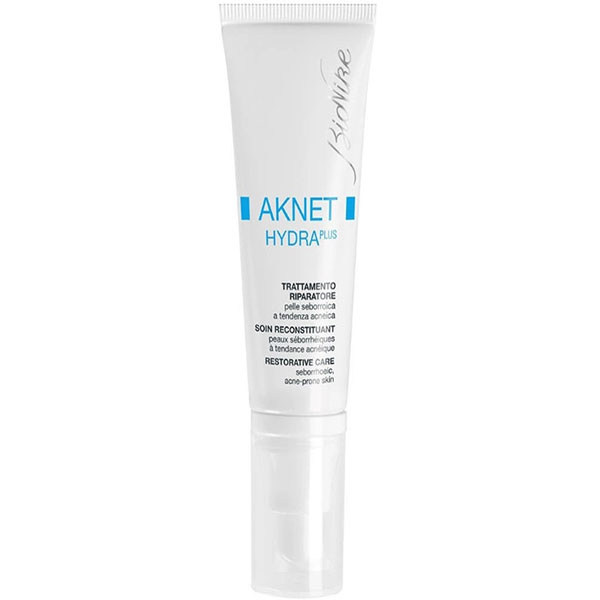


About Us
Consulting about Redness and Sensitivity
We have extensive experience in sales, direct export deliveries. We have been supplying Turkey and shipping to Georgia, Russia, Russia and Europe for over 10 years.
- Supply planning for 3, 6, 12 months
- Finding warehouses with the right volumes for optimal logistics
- Organising export deliveries to Asia, Africa, Europe and Russia
Understanding Redness and Sensitivity: The Importance of Proper Skincare
Our skin is the largest organ in our body and is exposed to a variety of environmental factors that can cause it to become sensitive and red. These conditions can range from minor irritations to more serious skin conditions such as rosacea or dermatitis. While redness and sensitivity are common skin issues, it is important to understand the root cause of these conditions and how they can be treated effectively.
Common Causes of Redness and Sensitivity
There are a variety of factors that can contribute to skin sensitivity and redness. Some of the most common causes include:
- Environmental factors, such as exposure to wind, sun, and extreme temperatures
- Skincare products, including harsh chemicals and fragrances
- Certain medical conditions, such as eczema, rosacea, and psoriasis
- Genetics, including a family history of sensitive skin
The Importance of Proper Skincare for Redness and Sensitivity
Proper skincare is key to managing and preventing redness and sensitivity. It is important to avoid using harsh skincare products and ingredients, such as alcohol and fragrances, that can irritate the skin. Instead, opt for products that are specifically formulated for sensitive skin, with ingredients such as aloe vera, chamomile, and green tea that soothe and calm the skin.
It is also important to protect your skin from environmental factors, such as sun exposure, that can exacerbate redness and sensitivity. This can be done by using a daily moisturizer with SPF, wearing a wide-brimmed hat when outside, and avoiding prolonged exposure to wind and extreme temperatures.
The Benefits of a Good Skincare Routine
A good skincare routine can provide numerous benefits for those with redness and sensitivity. By using gentle, non-irritating products, you can soothe and calm your skin, reducing redness and sensitivity over time. Additionally, a consistent skincare routine can help to improve the overall health and appearance of your skin, leaving it looking and feeling its best.
- Moisturize daily to prevent dryness and irritation
- Use gentle, fragrance-free skincare products
- Protect your skin from sun exposure
- Avoid using harsh skincare ingredients
- Avoid exposure to wind and extreme temperatures
In conclusion, redness and sensitivity are common skin issues that can be caused by a variety of factors. By understanding the root cause of these conditions and taking steps to properly care for your skin, you can effectively manage and prevent redness and sensitivity. By incorporating a good skincare routine into your daily routine, you can soothe and calm your skin, leaving it looking and feeling its best.
5 Common FAQs about Redness and Sensitivity
-
How can I tell if my skin is sensitive? Sensitive skin is characterized by a heightened reaction to irritants and environmental factors. Symptoms may include redness, itching, burning, or stinging. If you are experiencing these symptoms frequently, you may have sensitive skin. It is important to consult a dermatologist if you are unsure.
-
Can redness and sensitivity be cured? While there is no cure for sensitive skin, it can be managed with proper skincare and lifestyle changes. By avoiding irritants and using gentle, non-irritating skincare products, you can soothe and calm your skin, reducing redness and sensitivity over time.
-
Can I still use anti-aging products if I have sensitive skin? Yes, but it is important to choose products that are specifically formulated for sensitive skin. Look for products that are free of harsh chemicals and fragrances, and that contain gentle, nourishing ingredients such as antioxidants and peptides.
-
Can diet affect redness and sensitivity? Yes, certain foods can trigger inflammation and exacerbate redness and sensitivity. Foods to avoid include spicy and acidic foods, alcohol, and caffeine. Instead, opt for a diet rich in antioxidants and anti-inflammatory foods such as leafy greens, berries, and fatty fish.
-
Can stress cause redness and sensitivity? Yes, stress can trigger a variety of skin issues, including redness and sensitivity. When we are stressed, our bodies release cortisol, which can cause inflammation and sensitivity in the skin. To manage stress, try incorporating stress-reducing activities into your daily routine, such as yoga, meditation, or deep breathing exercises.
By understanding the common causes of redness and sensitivity, and incorporating a good skincare routine and healthy lifestyle habits, you can effectively manage and prevent these conditions. If you are unsure about the best skincare products and routines for your skin, consult a dermatologist or skincare professional for personalized advice.
Sources
-
American Academy of Dermatology Association. (n.d.). Sensitive skin: Signs and symptoms. https://www.aad.org/public/everyday-care/skin-care-basics/sensitive-skin/sensitive-skin-signs-symptoms
-
American Academy of Dermatology Association. (n.d.). Sensitive skin: 6 do’s and don’ts. https://www.aad.org/public/everyday-care/skin-care-basics/sensitive-skin/sensitive-skin-care
-
American Academy of Dermatology Association. (n.d.). Anti-aging skin care. https://www.aad.org/public/everyday-care/skin-care-secrets/anti-aging/reduce-premature-aging-skin
-
Harvard Health Publishing. (2021). The best foods for healthy skin. https://www.health.harvard.edu/staying-healthy/the-best-foods-for-healthy-skin
-
Mayo Clinic. (2020). Stress symptoms: Effects on your body and behavior. https://www.mayoclinic.org/healthy-lifestyle/stress-management/in-depth/stress-symptoms/art-20050987
By consulting reliable sources and understanding the science behind redness and sensitivity, you can make informed decisions about your skincare routine and lifestyle habits. Remember to always prioritize gentle, non-irritating products and to seek the advice of a skincare professional if you are unsure about the best approach for your skin. With the right care, you can effectively manage redness and sensitivity, and enjoy healthy, glowing skin.
At Open-NearMe.com, our passionate community of contributors brings you firsthand insights into Singapore's top attractions. From iconic landmarks like Marina Bay Sands and Sentosa Island to lesser-known treasures like Haji Lane's artistic alleyways and East Coast Park's serene beaches, we've got you covered with detailed reviews, stunning photography, and insider tips.
